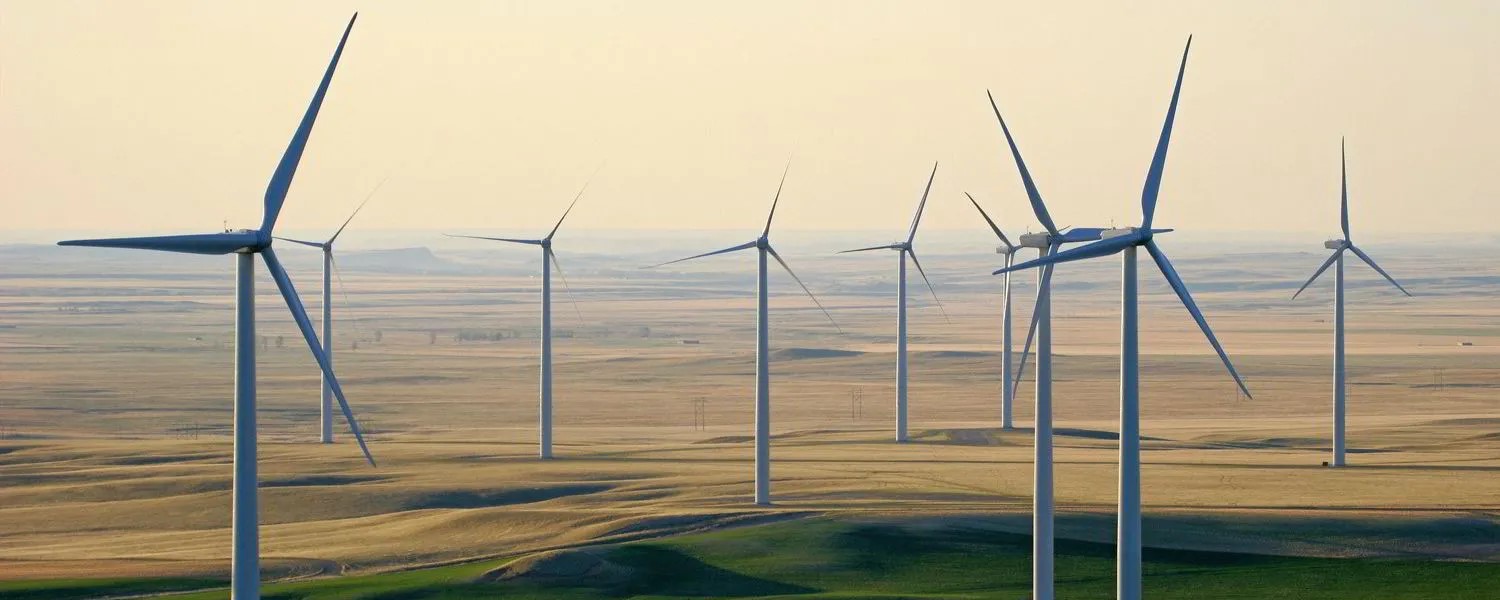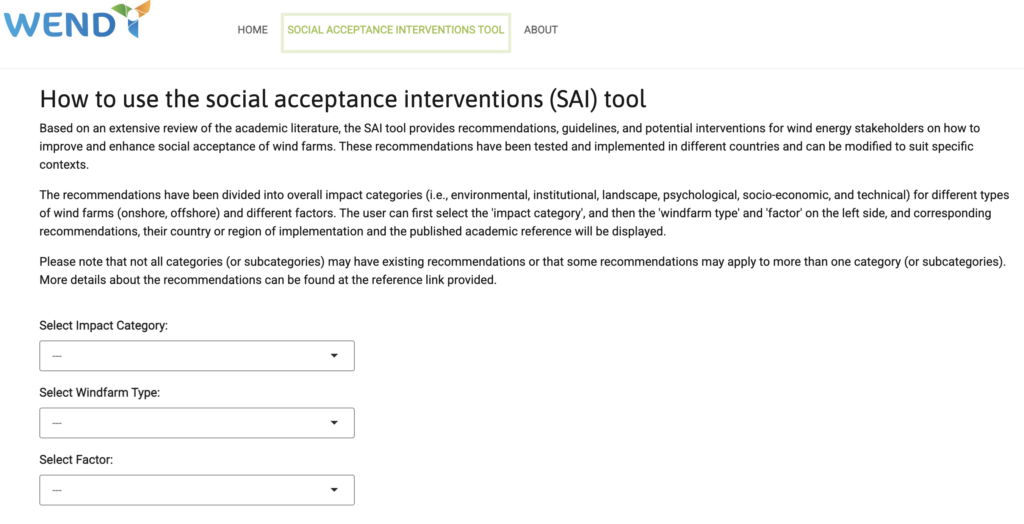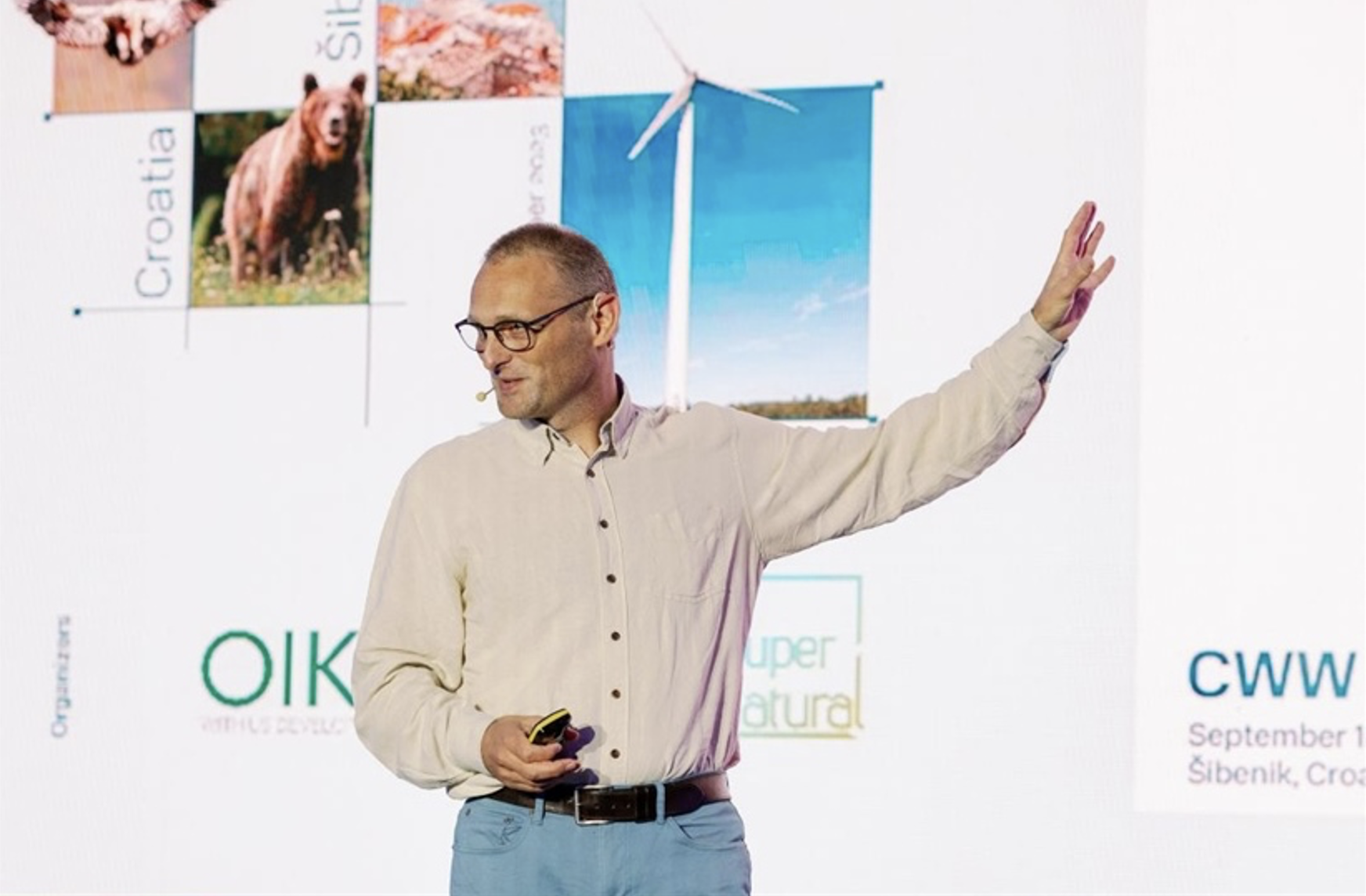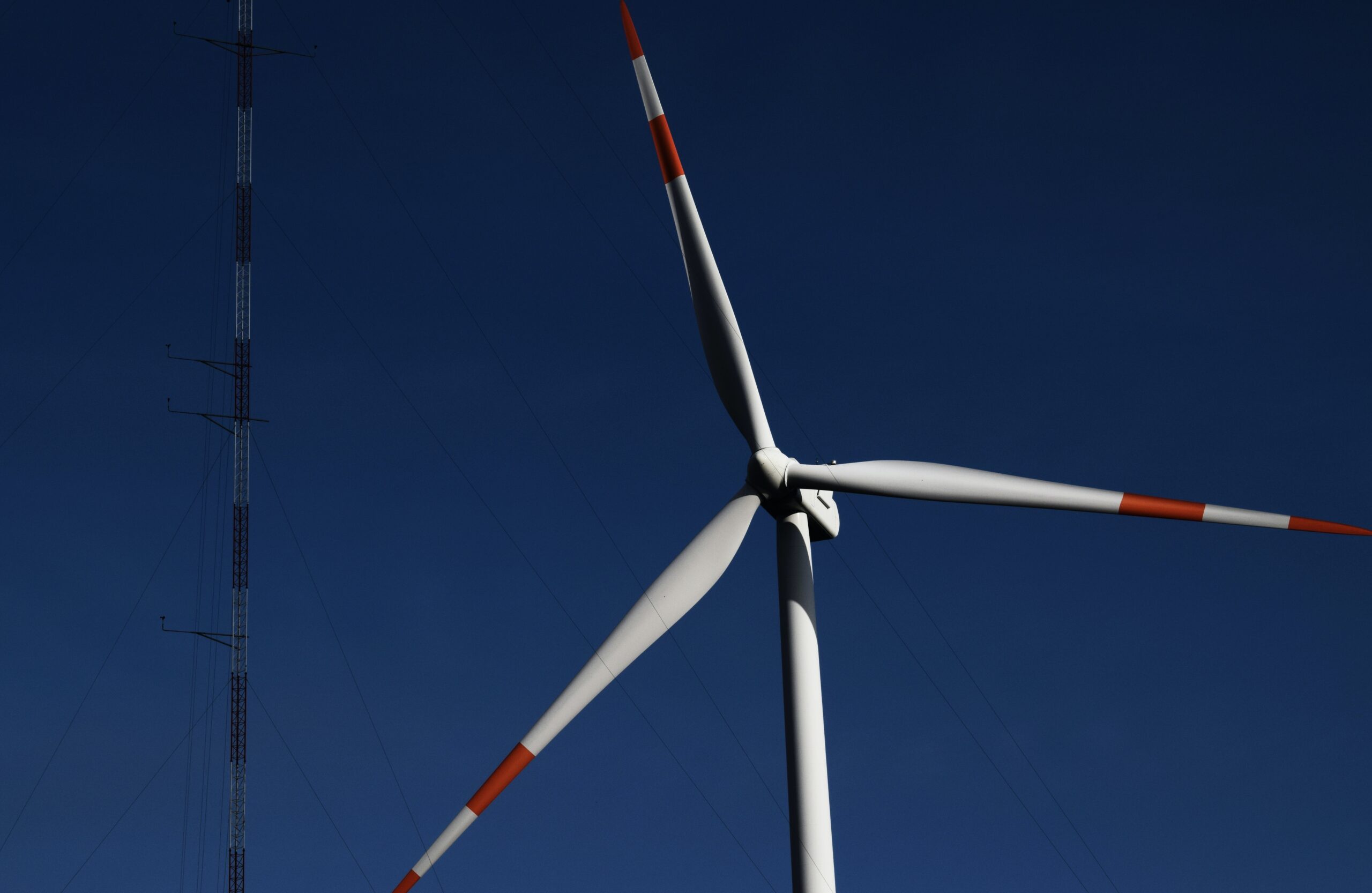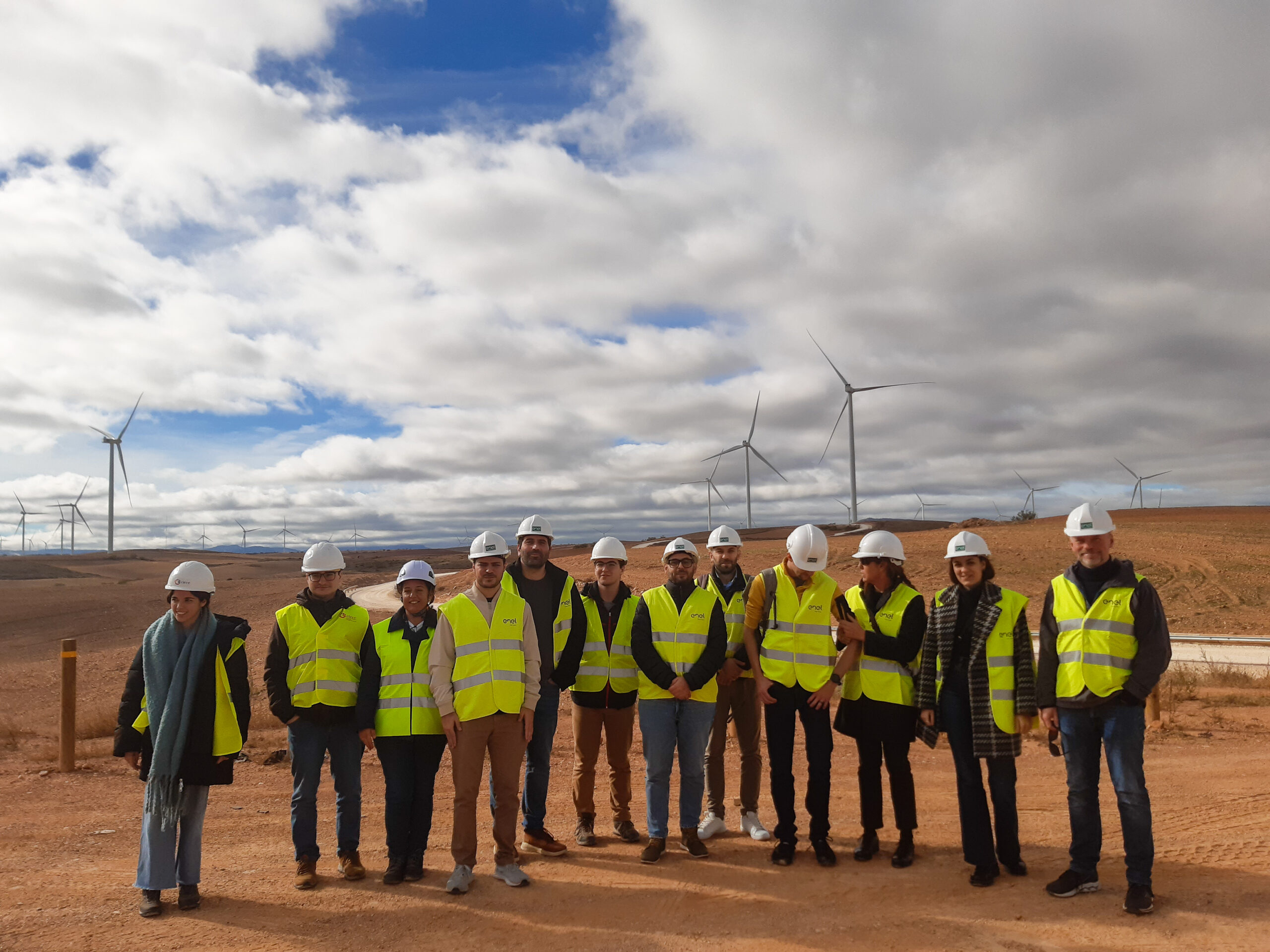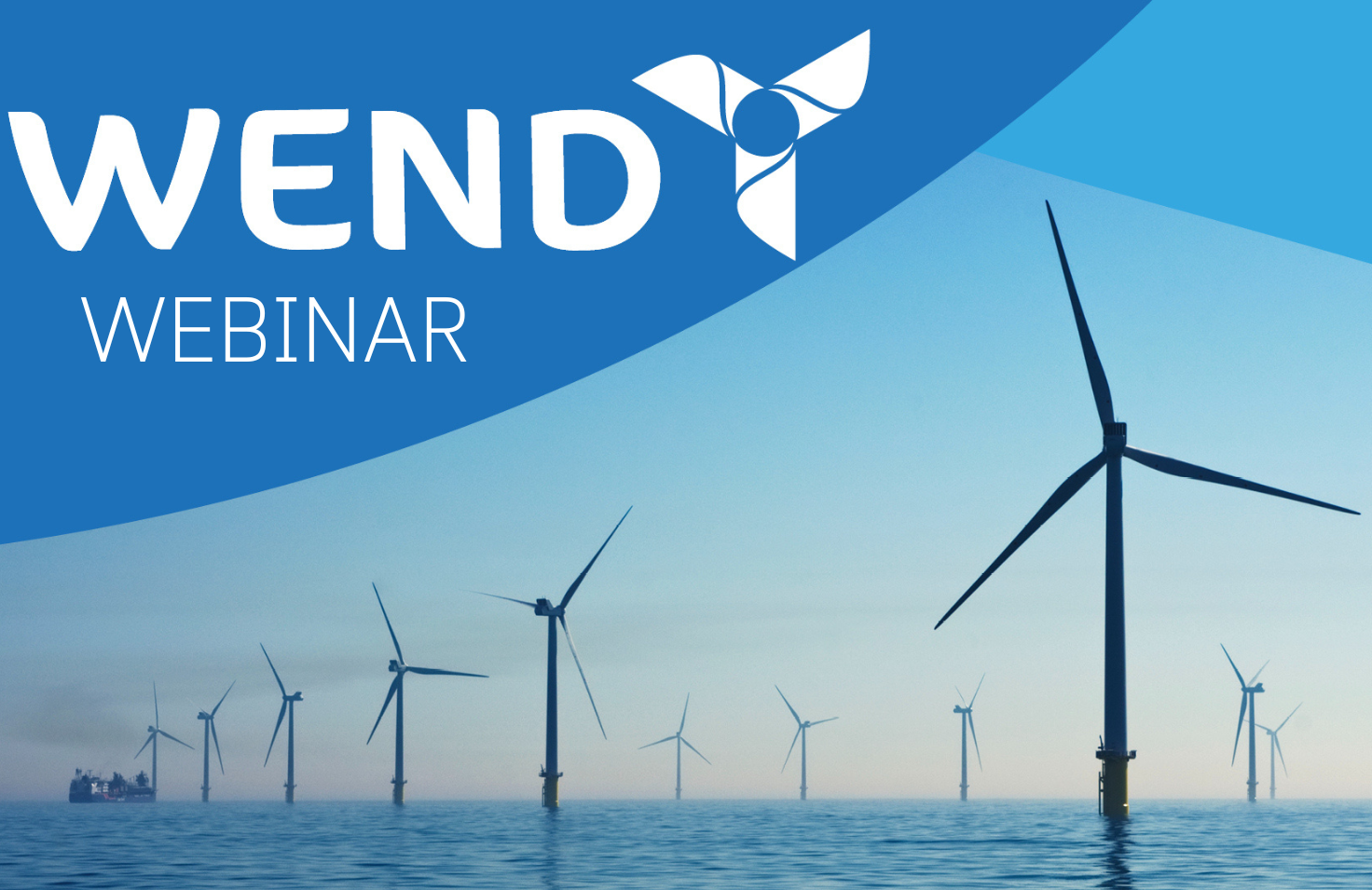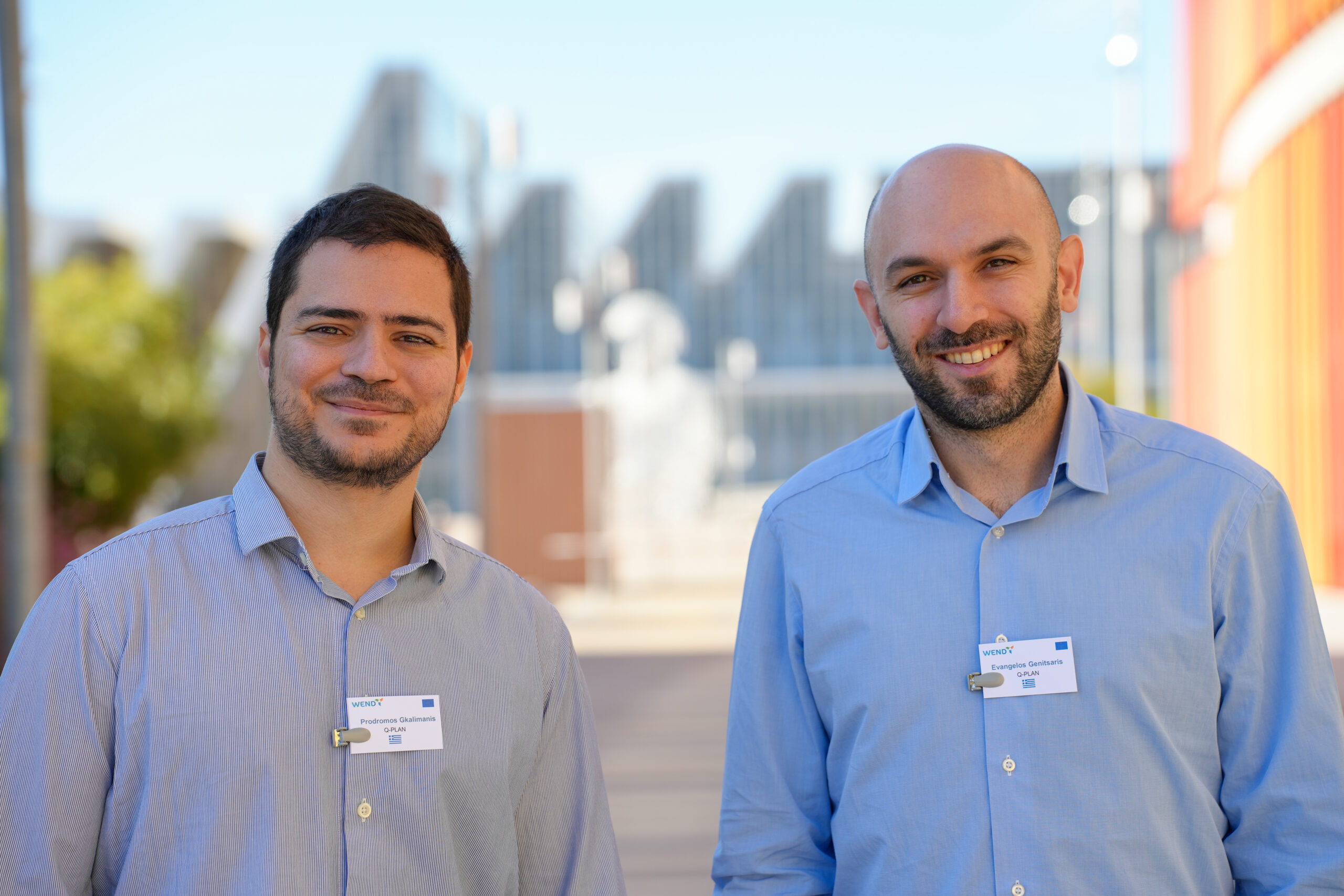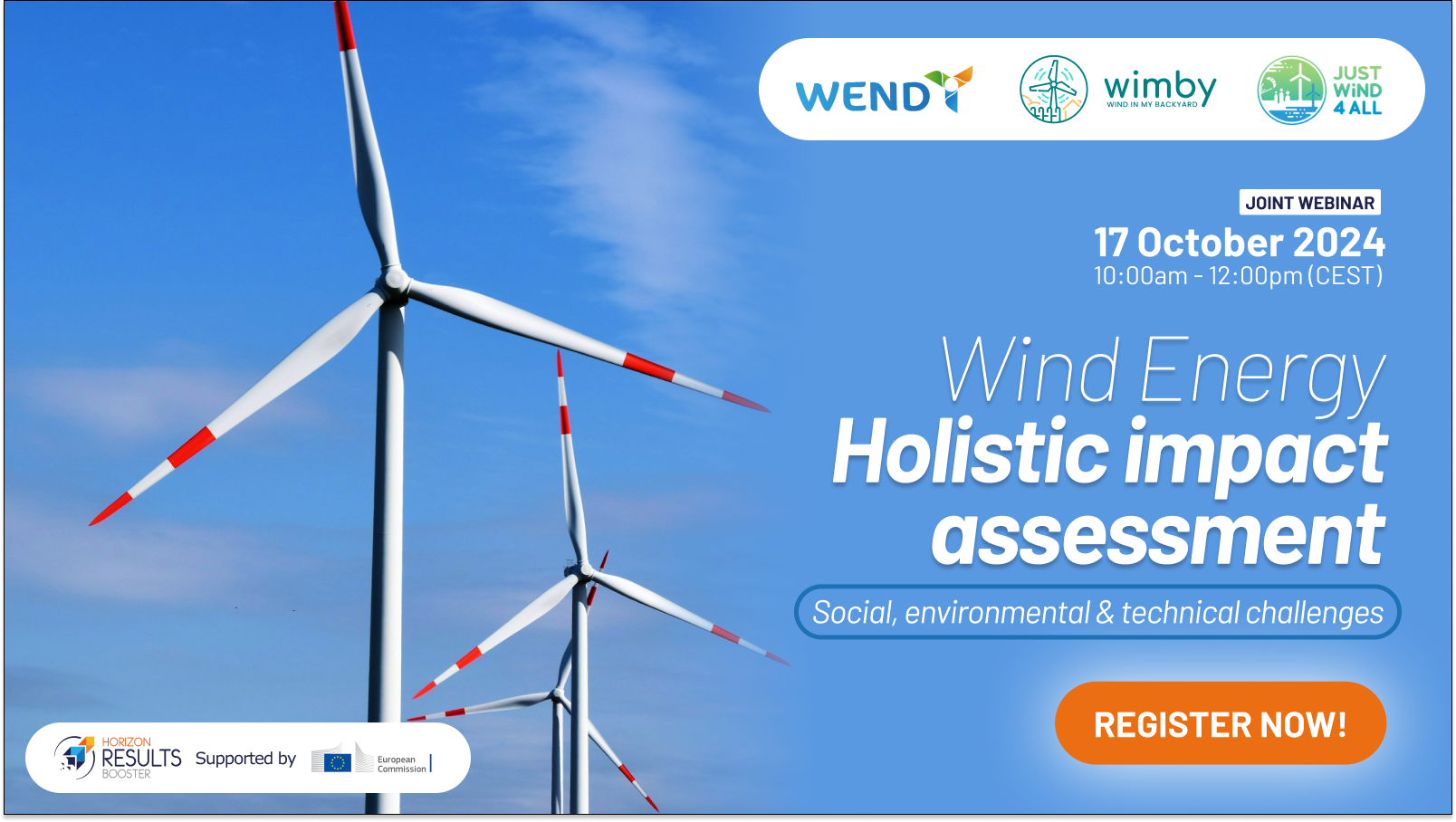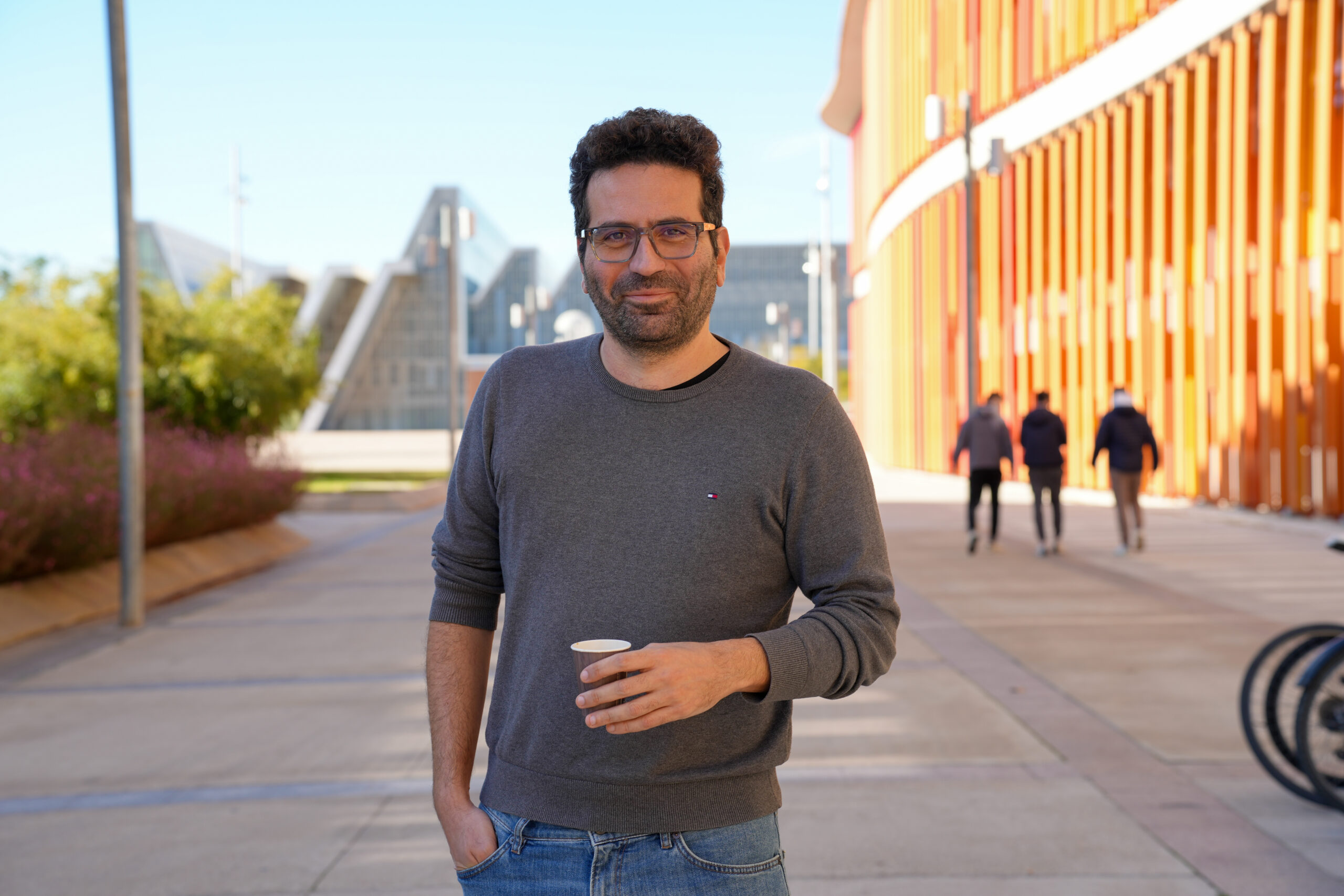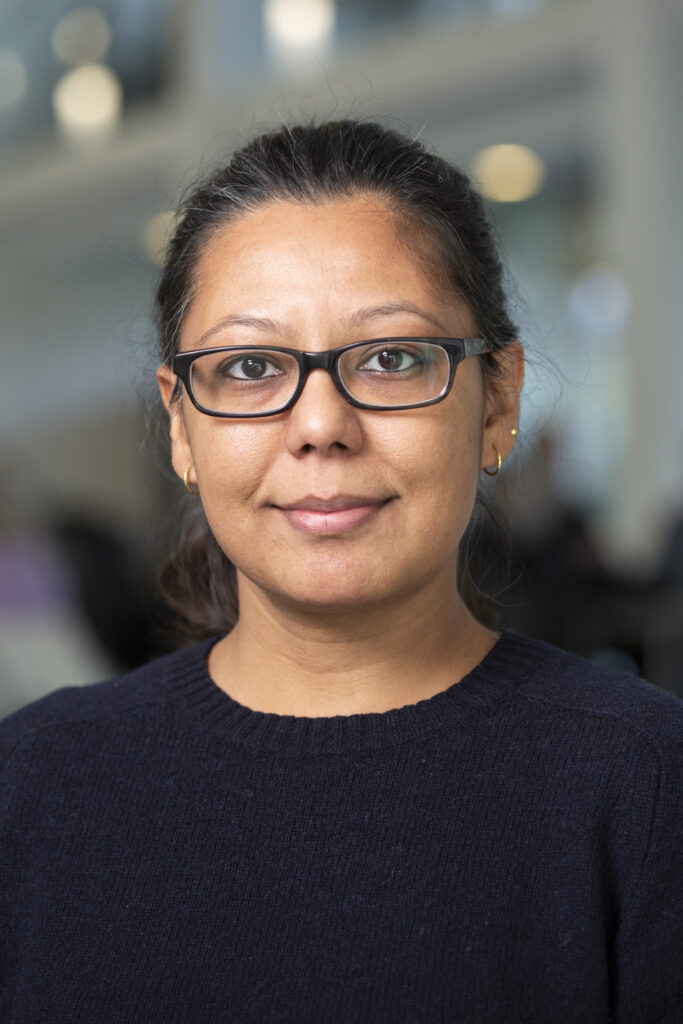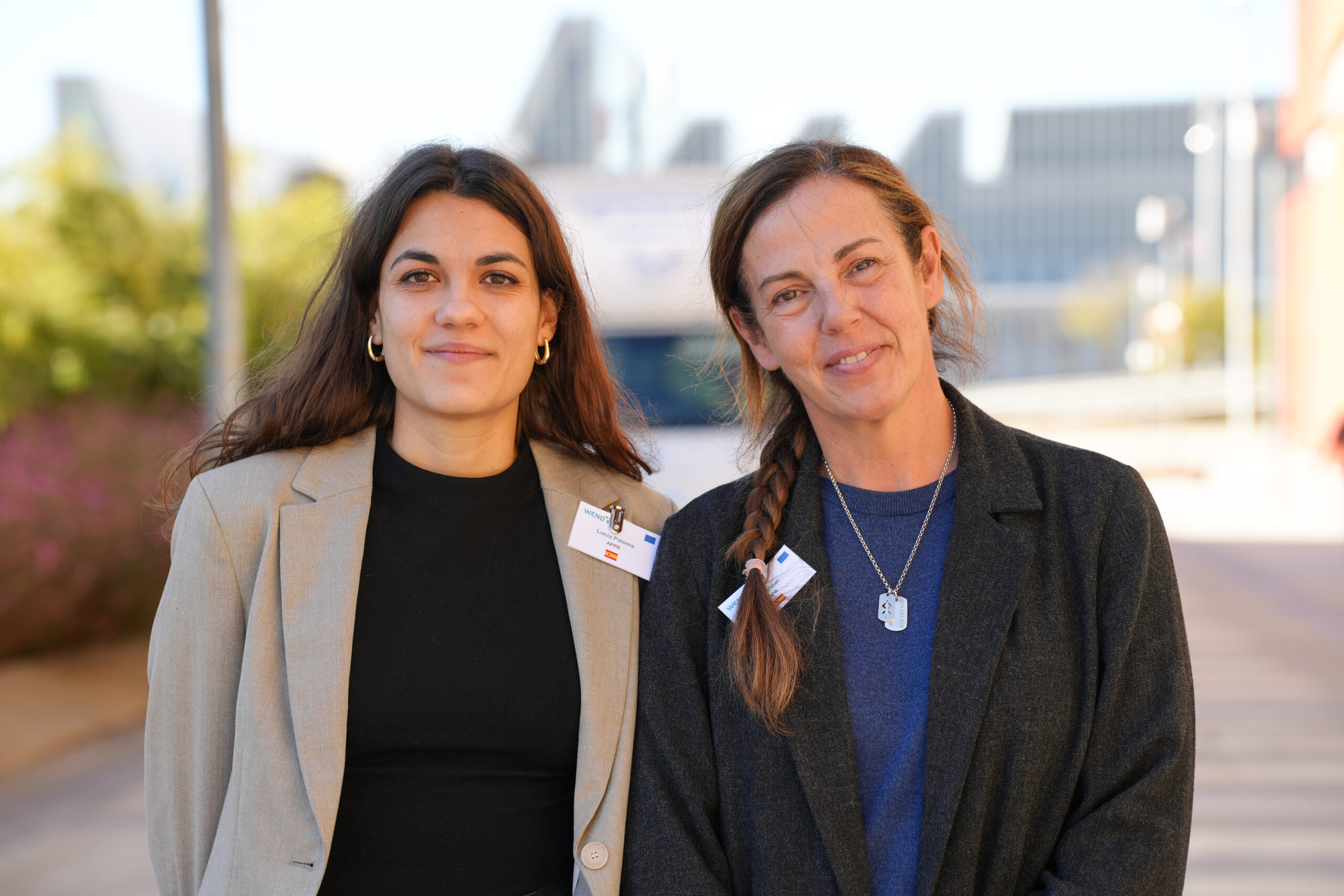Wind energy plays an important role in Europe’s transition to renewable energy, but its success depends on the support and acceptance of local communities. The WENDY project works to facilitate wind farm planning to ensure the consideration of landscapes and their values for local communities. Your local knowledge can make a difference!
If you are familiar with, at least parts of, the landscapes within one of the WENDY use cases, Zaragoza (Spain), Calabria (Italy, or Crete (Greece), you can support the development of wind energy planning tools by mapping areas of high importance for you and the local community. Your participation will help ensure that wind farm planning takes into account the local landscapes and resources that are vital to the community, benefiting everyone in the long term. In an online tool, on interactive maps, you can map explicit areas important for e.g. recreational activities, agriculture production, fresh water resources, or areas for exploring the beauty of nature. Your maps will then be included in a holistic planning process, developed and showcased in the WENDY project.
Please note that the online exercise takes only 25 minues and requires proficiency in the local language of the area you wish to contribute mapping (Spanish, Italian, or Greek). To get started, send an email in English to reto.spielhofer@nina.no with the use case area you’d like to map, and you will receive access to the mapping tool.


